Vietnam is focusing on removing “bottlenecks” to upgrade the stock market. The Securities Law (amended) and Circular 68 have contributed to overcoming the market’s weaknesses.
On December 6, Financial Investment Magazine organized the Workshop "Capital market overview in 2024 and prospects for 2025".
Ms. Ta Thanh Binh, General Director of Vietnam Securities Depository and Clearing Corporation (VSDC), said that in a recent working session, FTSE Russell, a market rating unit, affirmed that Vietnam has met 7/9 criteria for upgrading the stock market.
Two areas needing improvement include removing the mandatory prefunding requirement for foreign investors before trading and addressing failed trade management.
Regarding the first criterion, recently, the Ministry of Finance issued Circular 68/2024/TT-BTC with the important content of removing the mandatory deposit requirement for foreign investors.
With the final criterion for upgrading being the handling of unsuccessful transactions, according to Ms. Binh, the solution is to apply the central clearing mechanism (CPP).
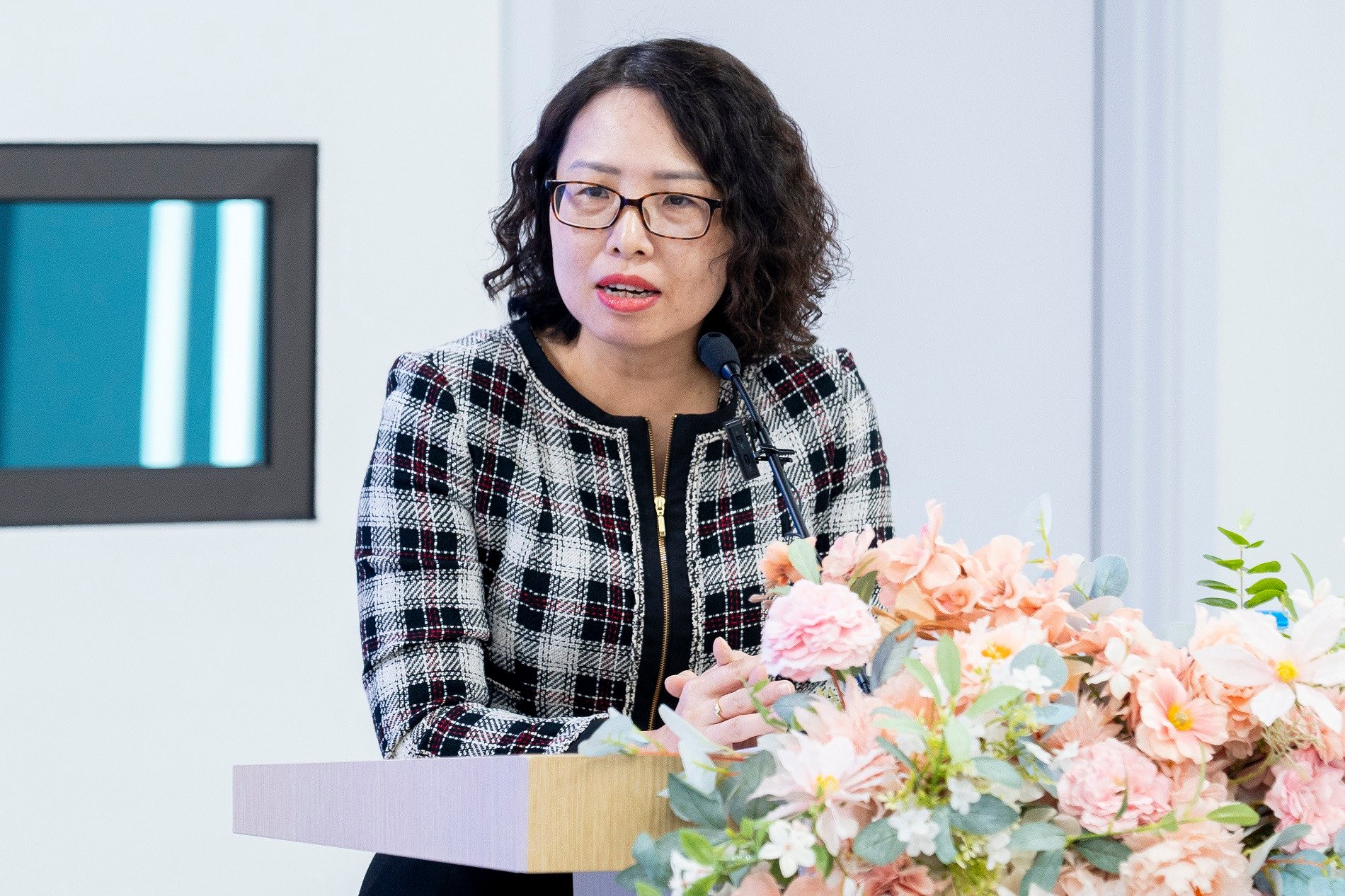
The new regulations in the recently passed Securities Law have paved the way for the securities industry to continue implementing solutions to upgrade its rating to MSCI standards. By June 2024, the Vietnamese stock market had met 10 out of 18 criteria.
Some criteria still need improvement, such as the foreign ownership limit, the remaining foreign ownership limit, and the degree of liberalization of the foreign exchange market, which has not yet been met…
Ms. Binh affirmed that, with institutional reforms, the market will receive a large influx of capital. However, this also raises concerns about pressure on the system due to the large volume and value of transactions and the faster frequency of transactions.
"The increased frequency and intensity of transactions could put considerable pressure on the trading and clearing/settlement systems. In addition, there are issues related to whether the foreign exchange conversion system can adequately handle such a large volume of transactions," Ms. Binh stated.
According to Ms. Binh, the pressure to maintain the upgrade when the new rating criteria have been met will also be a challenge for the stakeholders. Pakistan's stock market was upgraded but then downgraded to frontier market.
According to Mr. To Tran Hoa, Deputy Director of the Market Development Department (State Securities Commission), Circular 68 amends and supplements a number of articles of circulars regulating securities transactions on the securities trading system; clearing and payment of securities transactions; and operations of securities companies.
The Circular has added regulations on stock purchase transactions that do not require sufficient funds when placing orders by foreign institutional investors and sets out a roadmap for implementing information disclosure in Vietnamese and English at the same time.
This is the legal basis for foreign investors to participate in the Vietnamese stock market at lower costs but minimize risks for investors.

On November 29, the National Assembly passed the amended Securities Law, focusing on three policy groups: improving transparency and efficiency in issuance activities, continuing to perfect regulations to strengthen supervision and strictly handle acts of fraud and deception in issuance activities.
“These are regulations promoting the responsibility of relevant organizations and individuals to ensure the development of the stock market,” said Mr. Hoa.
In order to ensure the continuous, smooth, stable, and transparent operation of the stock market in 2025, Mr. Hoa said that the State Securities Commission will continue to prioritize solutions to achieve the goal of upgrading the stock market's ranking as soon as possible.
At the same time, continue to implement the solutions proposed in the action program to implement the Stock Market Development Strategy to 2030.
Mr. Nguyen Quang Thuan, CEO of FiinGroup, said that the Vietnamese stock market is a “war” between 9 million personal accounts, including 3-4 million individual investors, and foreign investors. Therefore, it is necessary to pay attention to information transparency and promote domestic investment funds to “fight” with foreign investors. Foreign investors are very reluctant to cut their losses, but individual investors are currently losing money (during 2021 and early 2024). Because foreign investors invest through funds and for the long term, they rarely lose money, whereas individual investors are more likely to lose money at the moment, partly due to their short-term trading mindset. |
Source: https://vietnamnet.vn/thi-truong-chung-khoan-viet-nam-se-som-duoc-nang-hang-2349305.html


![[Photo] Urgently help people soon have a place to live and stabilize their lives](/_next/image?url=https%3A%2F%2Fvphoto.vietnam.vn%2Fthumb%2F1200x675%2Fvietnam%2Fresource%2FIMAGE%2F2025%2F12%2F09%2F1765248230297_c-jpg.webp&w=3840&q=75)













































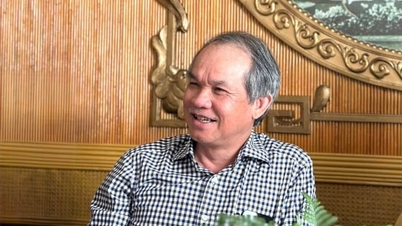



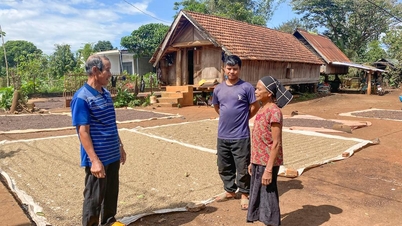




















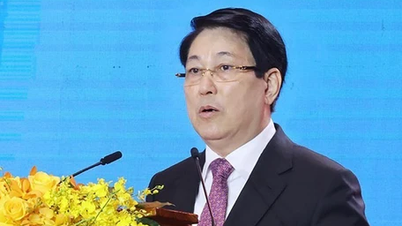





![[Photo] General Secretary To Lam works with the Standing Committees of the 14th Party Congress Subcommittees](https://vphoto.vietnam.vn/thumb/402x226/vietnam/resource/IMAGE/2025/12/09/1765265023554_image.jpeg)









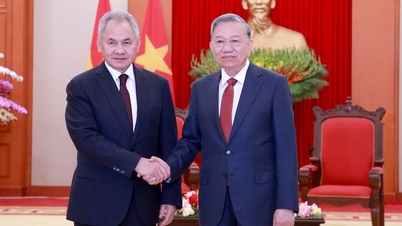























Comment (0)